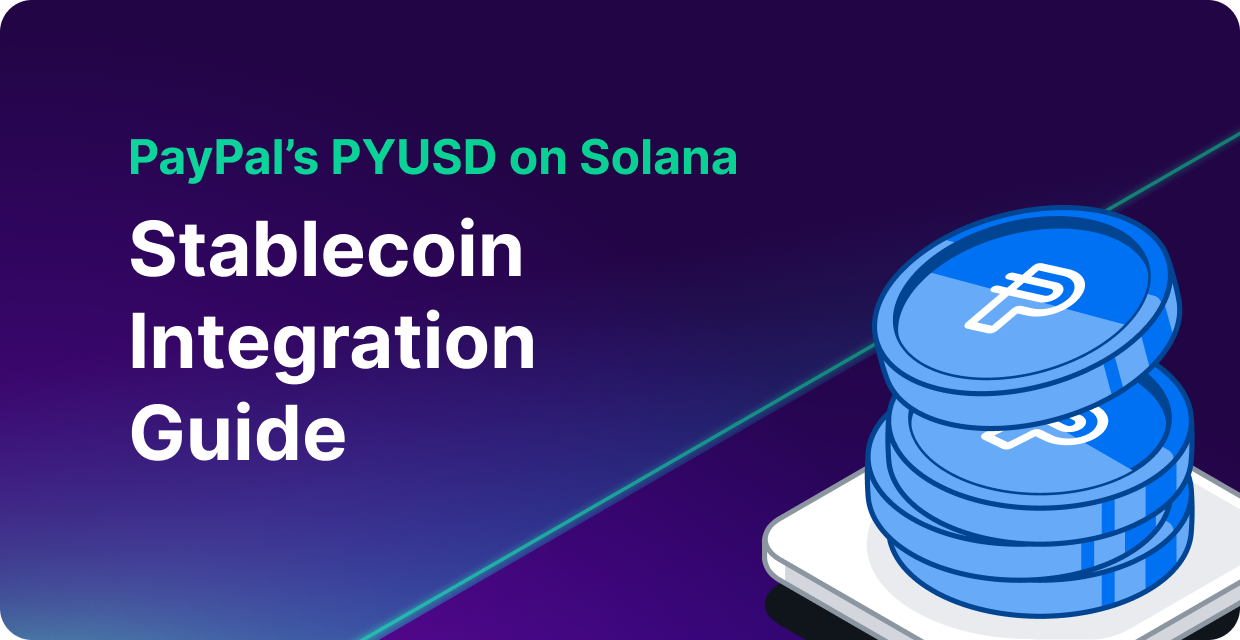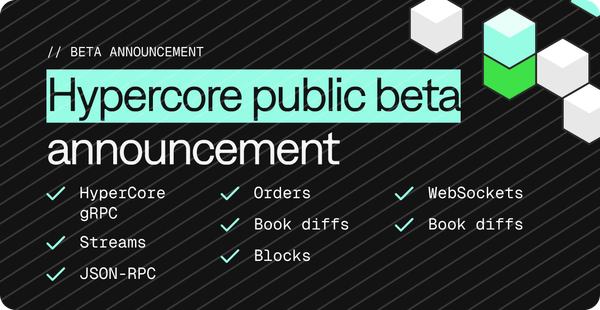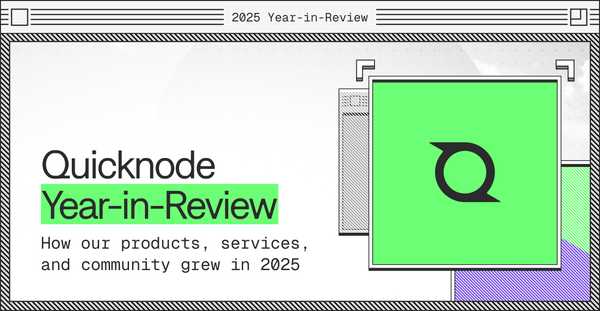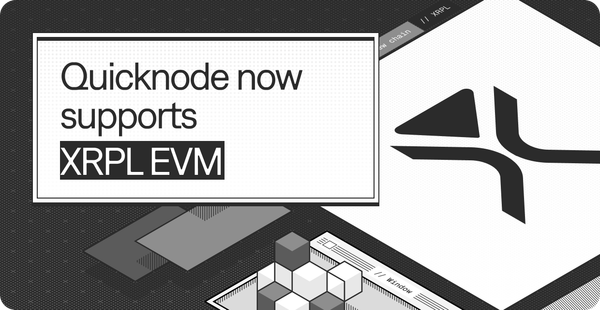PYUSD on Solana: PayPal's Stablecoin Integration Complete Guide
A practical guide to integrating PayPal’s PYUSD stablecoin on Solana, covering Token Extensions, real use cases, and developer integration.

Stablecoins aren’t new.
Some of the major stablecoin issuers have been operating for over a decade now aiming to bridge blockchains with traditional finance and fix international payments and the good old problem of ‘$$$ in fees and x business days’ for a single remittance.
But, are international payments fixed? Not even close.
PayPal's PYUSD on Solana promises to be the long-due fix. What makes that vision viable isn’t just PayPal’s user base or brand.
It’s the technical foundation: Solana’s Token Extensions, and how PayPal built on top of them.
This guide breaks down that foundation: what PYUSD is on Solana, how it actually works, and what developers need to know to integrate or build with it.
PYUSD on Solana: What Is It? (And Isn’t)
PYUSD is designed to work like money should: reliable, fast, accessible.
Issued by Paxos, regulated under NYDFS, and fully backed by short-term treasuries and cash equivalents, it inherits PayPal’s compliance stack and trust model.
These are all pretty standard for any stablecoin issued in 2025.
But, what makes PYUSD unique? Solana.
PYUSD is the first stablecoin to adopt Solana's Token Extensions program, at its core, changing how compliance, programmability, and performance work together.
Understanding Solana's Token Extensions
Solana’s original SPL token program handled the basics: mint, burn, transfer, freeze. But real-world financial products need more: privacy controls, compliance hooks, fee structures, metadata storage. Traditionally, this meant deploying separate smart contracts for each feature, creating complexity and attack surfaces.
Token Extensions, also called Token-2022, expand that model. Solana bakes optional ‘modules’ into the token program itself.
Extensions are opt-in at mint creation and sit alongside the core token state — all without deploying custom smart contracts.
Seven extensions are currently available:
- Confidential Transfers: Zero-knowledge encryption of transaction amounts
- Transfer Hooks: Programmable logic execution during transfers
- Permanent Delegate: Unlimited authority over token accounts
- Transfer Fees: Protocol-native fee collection mechanisms
- Metadata Extensions: On-chain token information storage
- Mint Close Authority: Resource reclamation capabilities
- Default Account State: Account-level permission controls
Each extension activates specific capabilities without requiring external dependencies or governance tokens.
Because these live in a common, audited program, tooling and wallets can support them uniformly.
How PYUSD Implements Token Extensions
PYUSD's mint address 2b1kV6DkPAnxd5ixfnxCpjxmKwqjjaYmCZfHsFu24GXo with Solana’s token extensions creates what amounts to ‘compliance in a box’.
- Compliance baked in: The permanent delegate authority allows Paxos (the issuer) to freeze or seize funds when legally required.
- Payment-friendly UX: Memos attached to transfers can include order IDs or notes, streamlining accounting and reconciliation for merchants and businesses.
- Privacy-ready: Confidential transfers (coming soon) will allow encrypted transaction amounts with issuer auditability, offering privacy without sacrificing regulatory oversight.
- Future-proofing: Even though PYUSD currently has a 0% transfer fee, the Transfer Fee extension is initialized.
If PayPal ever introduces merchant-level fee logic, it can be activated instantly without changing the token contract.
Together, they create a single token implementation that handles enterprise requirements natively.
How PYUSD Compares With Other Stablecoins
The takeaway: PYUSD isn’t just ‘another dollar on another chain.’
It’s a payments-forward, compliance-ready, extension-enabled dollar primitive on a network fast enough to use in production commerce.
Two Paths to PYUSD Integration: PayPal Rails or On-Chain Solana
PYUSD is designed to work across two very different worlds: traditional fintech infrastructure and onchain smart contract systems. That flexibility makes it accessible to a wider range of developers, but it also creates a fork in how integration is approached.
Off-Chain via PayPal Checkout
For businesses already in the PayPal ecosystem, PYUSD can be accepted without touching blockchain at all. Users pay with PYUSD from their PayPal or Venmo wallet, and merchants receive USD.
Behind the scenes:
- PayPal handles the conversion from PYUSD → USD
- Settlement occurs over PayPal's infrastructure
- No volatility risk or crypto-specific reconciliation needed
This approach unlocks stablecoin spending for PayPal's 400+ million users while keeping the crypto experience invisible to non-crypto-native merchants.
On-Chain via Solana
Solana-native integration gives developers full control over PYUSD. This is the route to build new use cases:
- Instant payouts,
- Recurring subscriptions,
- Marketplace payments,
- Automated treasury flows, and more.
At a high level, the integration flow looks like:
- Use the Correct Token Program
PYUSD is built on Token-2022. All interactions — transfers, account creation, state queries — must reference the Token-2022 program ID.
- Reference the Official Mint
Hardcode the official mint address for PYUSD on Solana. This prevents spoofing, ensures compatibility with wallets and explorers.
- Create Associated Token Accounts (ATA)
Each wallet or app interacting with PYUSD must initialize an ATA. Token-2022 still follows the ATA convention but includes new account flags based on enabled extensions.
- Transfer Implementation
Use transferChecked instructions with 6-decimal precision and Token-2022 program ID. Transfer Hooks may execute additional program logic, requiring increased compute budget allocation.
- Account Setup Must Respect Extensions
PYUSD uses extensions like permanent delegate, required memo, and transfer fee (0%). These change how accounts behave and what transaction fields are required.
- Error Handling
Token Extensions introduce new error conditions like;
- AccountFrozen: If the account is frozen by the permanent delegate
- TransferHookFailed: If a hook program is attached and fails logic
- MissingMemo: If the token is configured to require a memo and none is provided
- Use Devnet to Simulate End-to-End Flows
Devnet Mint Address: CXk2AMBfi3TwaEL2468s6zP8xq9NxTXjp9gjMgzeUynM (different from mainnet)
Token Faucet Access: Paxos operates a devnet faucet at faucet.paxos.com for obtaining test PYUSD tokens.
This eliminates the need to bridge real funds during development and makes it safe to test ATA creation, transfers, and edge cases before deploying to mainnet.
- Build Transfer Flows That Support Extensions
Transfers may require:
- A memo instruction (for traceability or compliance)
- Compatibility with transfer hooks (if enabled later)
- Specific account ordering or optional fields for extension handling
What Developers Can Build with PYUSD Today
The promise of PYUSD on Solana is already beginning to show up across real-world use cases. Here are growing examples of how builders are putting PYUSD to work:
DeFi Integration: Yield and Liquidity
PYUSD has gained significant traction in Solana's DeFi ecosystem, with protocols offering competitive yields that attract institutional capital and retail users seeking dollar-denominated returns.
- Kamino Finance leads PYUSD adoption with lending pools offering native yield coupled with weekly PayPal-provided incentives.
- Drift Protocol provides leveraged trading capabilities with PYUSD as collateral, offering annual yields through automated market-making strategies.
- Jupiter-like DEXs enable liquid PYUSD trading pairs against SOL, USDC, and other major tokens.
These integrations provide exit liquidity and price discovery for PYUSD holders while supporting broader ecosystem adoption.
Retail and Peer-to-Peer Payments
Thanks to Solana Pay and low transaction fees, PYUSD can be used for point-of-sale and peer payments without custodians or third-party processors. Whether it's a coffee shop using a Solana QR code or friends splitting a bill, PYUSD transactions are:
- Final in under a second
- Costing less than a cent
- Denominated in dollars
This brings the familiar UX of PayPal and Venmo into the crypto-native world, only faster, cheaper, and borderless.
Cross-Border Payment Solutions
Traditional international transfers remain expensive and slow, creating opportunities for PYUSD-based payment applications that leverage Solana's global accessibility.
- Remittance applications can facilitate instant transfers between countries without correspondent banking relationships.
A user in the U.S. sends PYUSD to recipients worldwide, who can immediately convert to local currencies through partner exchanges or merchants.
- B2B international payments eliminate 2-3 day settlement windows for supplier payments, enabling timely payouts and improved cash flow.
- Payroll solutions for remote teams enable instant, global salary distribution. Companies can maintain PYUSD treasuries and distribute payments across time zones without traditional banking hour limitations.
PYUSD offers a cleaner flow: one stable asset across all recipients, instant settlement with near-zero fees, and no need to maintain local currency or wait for banking days.
Subscription and Recurring Payments
PYUSD's predictable costs and instant settlement enable subscription business models that were previously uneconomical due to traditional payment processor fees.
- Micro-subscription services can charge small amounts ($0.10-$5.00) for digital content, newsletters, or API access without losing revenue to fees.
The <$0.01 transaction cost preserves unit economics.
- Usage-based billing becomes viable for API services, content platforms, or SaaS tools that previously required minimum billing thresholds.
Real-time charging aligns costs with actual usage patterns.
- Gaming and digital goods can implement item purchases, battle passes, or virtual currency top-ups with immediate settlement and minimal friction.
These aren’t stretch use cases, they’re viable now. What was once gated behind banking APIs and payment processors is now programmable, global, and developer-accessible — all while remaining denominated in USD.
A Brief Snapshot of PYUSD Ecosystem
PYUSD on Solana has achieved meaningful ecosystem integration across wallets, exchanges, and infrastructure.
This is a critical factor for developer adoption and user accessibility.
- Wallet Support: Phantom, Solflare, Backpack, MetaMask, Ledger, Zengo, PayPal, Venmo.
- Exchanges: Crypto.com, Coinbase, Kraken, Bitstamp, Huobi, Kucoin, Gate.io, OKEX.
- Trading Platforms: Jupiter, Uniswap, PancakeSwap, Curve.
- Payment Platforms/Off-Ramps: PayPal, Venmo, MoonPay, BitPay.
- Chains Supported: Ethereum, Solana, Arbitrum.
- Custodians: Fireblocks, Copper, Paxos.
Employing PYUSD to Solve Problems and Fix Payments
PYUSD on Solana represents the combination of enterprise-grade compliance, sub-second settlement, and programmable features.
For developers, the implications are straightforward:
- There’s no need to wrap tokens or deploy contracts just to enforce memos or fee logic.
- No custom integrations to handle privacy or compliance.
- No middleware just to send a dollar.
The infrastructure is ready. The regulatory framework exists. The economic incentives align.
What remains is building applications that demonstrate why programmable, compliant, instant money matters for real-world commerce.
About QuickNode
QuickNode provides the tools and resources builders need to create incredible products. With a globally balanced infrastructure, guaranteed reliability, a user-friendly interface, and end-to-end customer support, QuickNode allows enterprises to realize their ideas on the chain rapidly.





